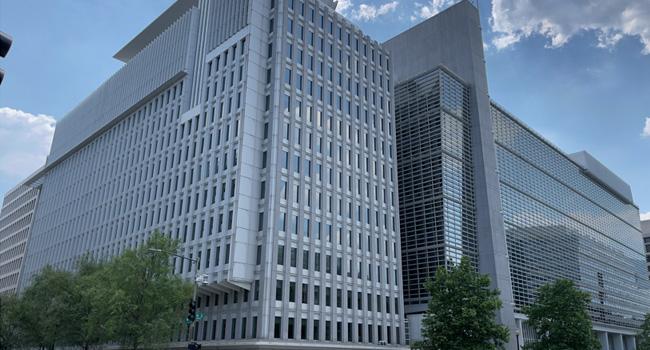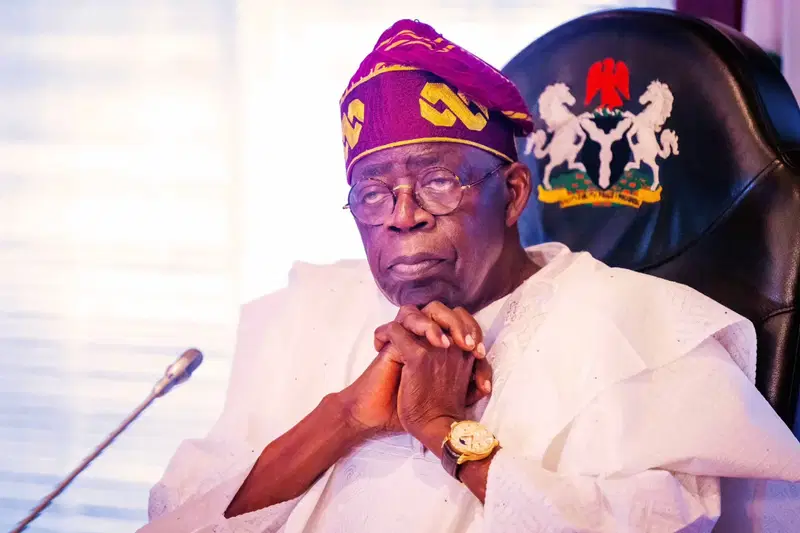World Bank Ends Nuclear Energy Financing Ban Amid Soaring Power Demand

The World Bank has lifted its long-standing ban on financing nuclear energy projects, marking a significant policy shift aimed at addressing the surging demand for electricity in developing nations.
In a memo to staff on Wednesday, World Bank President Ajay Banga announced that the institution would re-engage with nuclear energy “for the first time in decades,” working in close collaboration with the International Atomic Energy Agency (IAEA) to strengthen safeguards against nuclear proliferation and improve regulatory frameworks.
Banga said the decision comes in response to projections that electricity demand in developing countries will more than double by 2035. To meet this growing need, annual investments in energy generation, grid infrastructure, and storage must rise from the current $280 billion to around $630 billion.
Support for Existing Reactors and New Technologies
“We will support efforts to extend the life of existing reactors in countries that already operate them and help upgrade grids and related infrastructure,” Banga said.
He also highlighted the bank’s interest in accelerating the development of Small Modular Reactors (SMRs), aiming to make them a practical energy solution for more nations in the near future.
Appointed in 2023, Banga has been pushing for a broader and more flexible approach to energy financing. His announcement follows a recent board meeting, where discussions focused on how the bank can better support the energy needs of its member countries.
“Our goal is to help countries deliver the energy their people need while giving them the flexibility to choose the path that best fits their development ambitions,” Banga added.
A Broader Energy Transition Strategy
In addition to embracing nuclear options, the World Bank will continue funding the decommissioning or repurposing of coal-fired power plants and supporting the adoption of carbon capture technologies in both industry and power sectors.
The move aligns with remarks made in April by U.S. Treasury Under Secretary Scott Bessent during the spring meetings of the International Monetary Fund and World Bank. Bessent urged the bank to prioritize reliable energy technologies and use its resources more efficiently, even if that includes fossil fuel-based energy.
He also praised efforts to remove prior restrictions on supporting nuclear power.
Unresolved Debate on Natural Gas
While the bank is moving ahead with nuclear energy financing, Banga noted that the board has yet to reach a consensus on whether the institution should support upstream gas projects and under what conditions.
The United States, the bank’s largest shareholder, has been a strong advocate for reconsidering the nuclear energy ban and expanding the energy financing toolkit for emerging economies.









